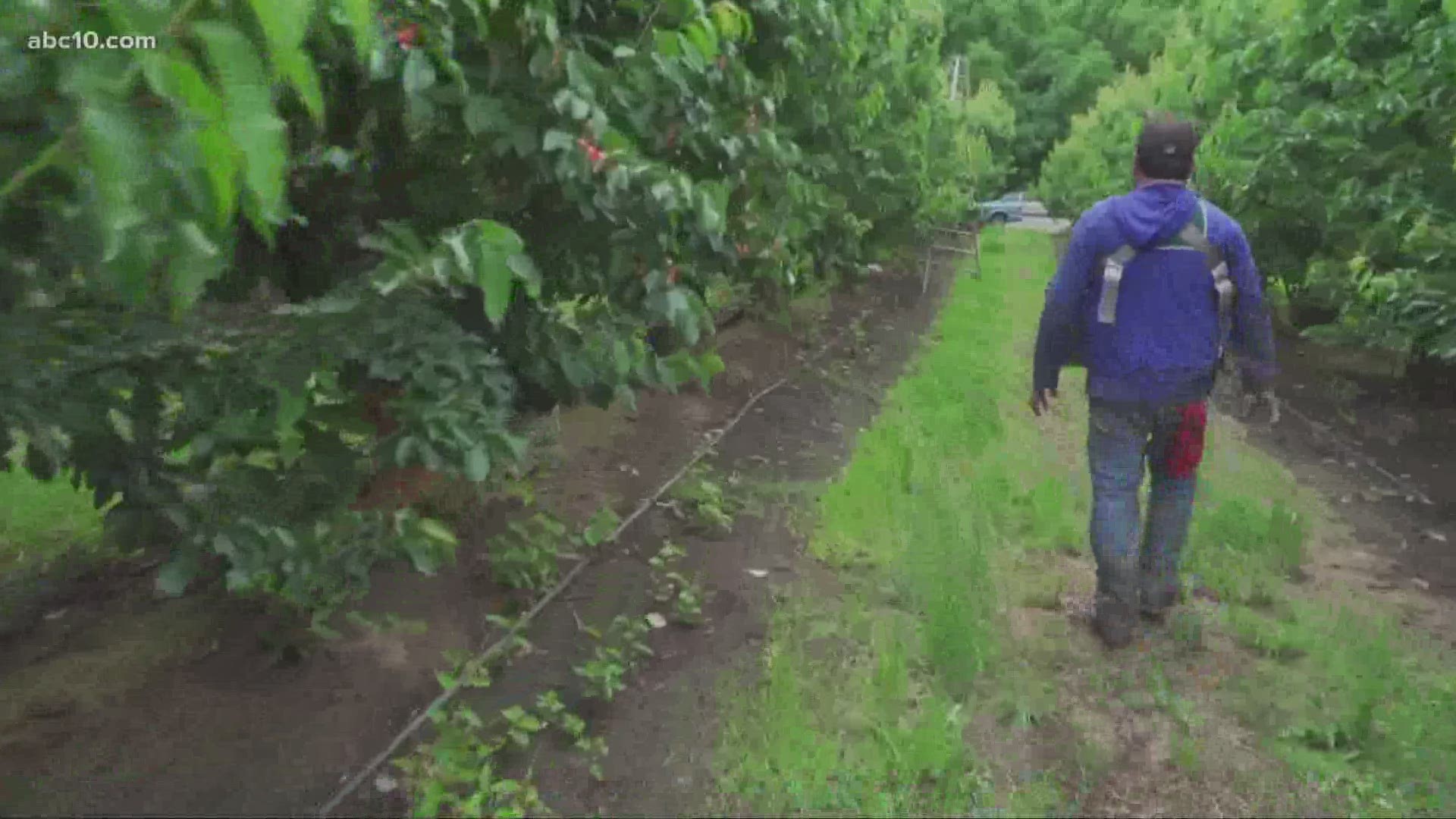SACRAMENTO, Calif. — Earlier in the pandemic, California rolled out a COVID-19 relief program for undocumented immigrants in the state. The Disaster Relief Assistance for Immigrants (DRAI) program was created to help the immigrant community in the state as the world dealt with the pandemic.
Today, the California Immigrant Relief Assistance Coalition released "one of the largest surveys of undocumented immigrant needs during the COVID-19 pandemic," with more than 91,000 people participating.
"For months, we have been saying that this COVID-19 has had an impact on immigrant communities and this survey is a result from 91,000 responses from immigrants who benefited from DRAI. It confirms our biggest concerns that immigrants, especially immigrant women, has been the most affected by the stress that has results from COVID-19," Joseph Villela, Policy Director at the Coalition for Humane Immigrant Rights (CHIRLA), said.
The survey found that 87% of survey takers used the $500 from DRAI to pay for their housing, 54% used it to pay for food, and 53% paid for utilities with the money. The majority of the survey respondents were also women and 84% identified as Hispanic.
"45% of the recipients indicated that they have been impacted by school closures. That to us indicates that these are households probably they have minors in their home that prevented them from going to work due to timing to stay at home to take care of their kids," Lorraine Tamburrino, Data Analytics and Evaluation Manager at CHIRLA, said.
The survey was introduced on the first day of California's legislative session to address the problems the immigrant community has been facing during the pandemic. Assemblymember David Chiu said he understands that the assistance from DRAI was not enough for the community and wants to address the issue of housing, especially for immigrant communities. He also introduced AB 3088, which would extend eviction protections through the end of 2021.
With food insecurity also being a major issue, Assemblymember Miguel Santiago wanted to point out how many families are waiting in long lines for hours just to get food from food banks.
"We can’t exploit people, pay substandard wages, and then expect them to expect to live on the streets and not have food to eat," Santiago said.
While there is no plan yet for more assistance, Villela said they wanted to get the information to the legislature on the first day of the session to make sure elected officials are educated on the struggles undocumented immigrants are facing during this pandemic as they start to prepare budgets.



















